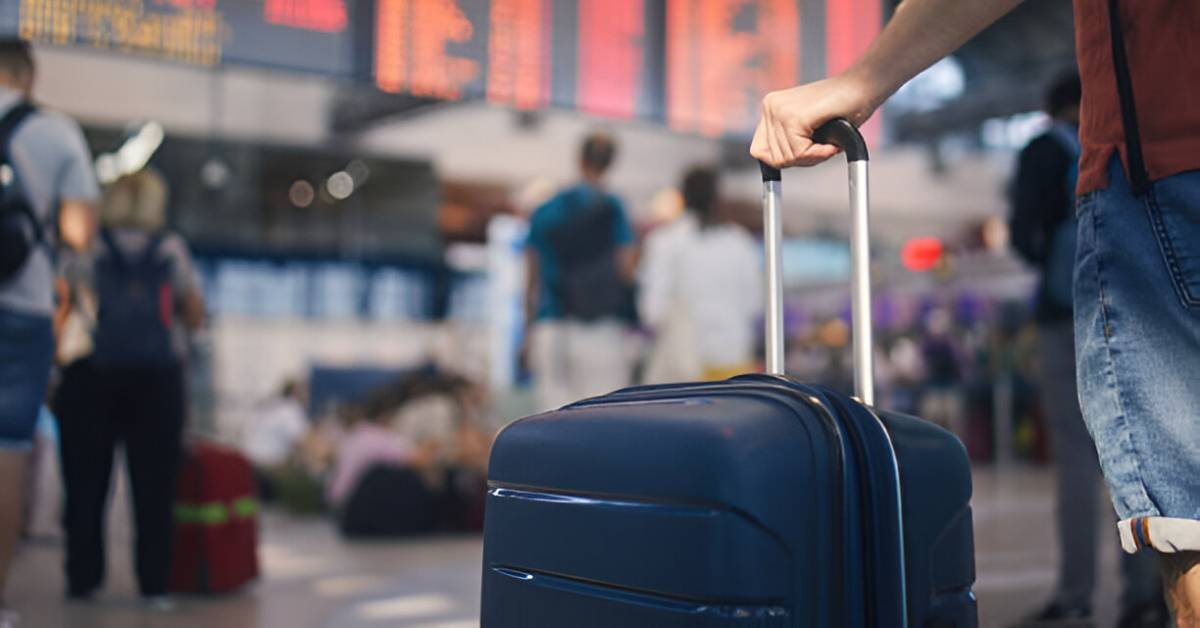Introduction
Flight delays are an unfortunate but common part of modern air travel. Whether you’re flying for a family holiday, a business trip, or a long-awaited reunion, a delay can throw your plans into disarray. Fortunately, UK air passengers are protected by clear legal rights under UK261, a regulation that outlines compensation eligibility and assistance entitlements.
This comprehensive guide explores how to handle flight delays confidently, understand your compensation rights, and take the appropriate steps to recover both time and money.
1. Understand Your Rights Under UK261
UK261, the UK version of the former EU Regulation 261/2004, protects passengers flying from UK airports or arriving in the UK on an EU carrier. If your flight is delayed by three hours or more on arrival, you could be eligible for compensation ranging from €250 to €600, depending on the flight distance.
2. Compensation Amounts by Flight Distance:
- Short haul (up to 1,500 km): €250
- Medium haul (1,500 – 3,500 km): €400
- Long haul (over 3,500 km): €600
These amounts apply only if the delay was within the airline’s control. Delays caused by extraordinary circumstances such as severe weather or security risks do not qualify.
3. Take Immediate Action at the Airport
When a delay occurs, it’s important to act quickly and collect as much documentation as possible. Here are essential steps to follow:
- Request written confirmation of the delay from airline staff.
- Retain all documents including your boarding pass, flight ticket, and any receipts for meals or transport.
- If the delay exceeds two hours, the airline should provide vouchers for food and drink. For overnight delays, they must offer accommodation and transport.
- Document conditions with photographs or notes, especially if you suspect the airline may contest your claim later.
These details will strengthen your case if you need to submit a compensation request.
4. How to File a Compensation Claim
Most airlines offer an online claims form where you can submit your details. Make sure to include:
- Flight information (number, date, and route)
- Scheduled and actual arrival times
- The reason provided for the delay
- Supporting documents like receipts, tickets, and boarding passes
If the airline doesn’t respond within six weeks or denies your claim unfairly, escalate your case to:
- An Alternative Dispute Resolution (ADR) provider approved by the Civil Aviation Authority (CAA)
- The CAA itself if no ADR is available
- Small Claims Court, as a last resort
For detailed guidance, the UK Civil Aviation Authority offers a full breakdown of your rights and the complaints process.
5. Avoid Common Mistakes When Claiming
Passengers often lose their right to compensation by making simple errors. Avoid these common pitfalls:
- Discarding documents like delay notices or meal vouchers
- Attempting to claim for delays under three hours
- Accepting “extraordinary circumstances” without investigation
Always verify the cause of the delay. For example, staffing or technical faults are generally within airline control and therefore eligible for compensation.
5. Be Prepared: Expert Travel Tips
Flight delays are unpredictable, but a few proactive steps can help:
- Check flight status using the airline’s mobile app before heading to the airport
- Keep essential items snacks, charger, medication, and a change of clothes in your carry-on
- Save the contact information for your airline, travel insurance provider, and accommodation
- Download the CAA app for up-to-date information on your rights and entitlements
If you’re planning a domestic holiday, it’s worth reading our guide to UK travel hacks every explorer should know to avoid similar travel issues.
Conclusion
Claiming flight delays compensation as a UK passenger doesn’t need to be complicated. By understanding your rights under UK261, taking timely action, and keeping good records, you can ensure you’re fairly compensated for disruptions.
With a little preparation, even delayed travel can be managed with minimal stress. For more helpful travel tips, explore our top picks for UK staycation destinations.
FAQs
1. Flight delay kitne time ka ho to compensation milti hai?
Agar arrival mein 3 ghante ya zyada delay ho, to compensation mil sakti hai.
2. Konsi situations mein compensation nahi milti?
Agar delay extraordinary circumstances jaise weather ya security ki wajah se ho, to compensation nahi milti.
3. Compensation claim karne ke liye kya chahiye hota hai?
Flight details, boarding pass, tickets, aur delay ka proof chahiye hota hai.
4. Agar airline reply na kare to kya karein?
Aap CAA-approved ADR service, CAA khud, ya Small Claims Court ka rukh kar sakte hain.





